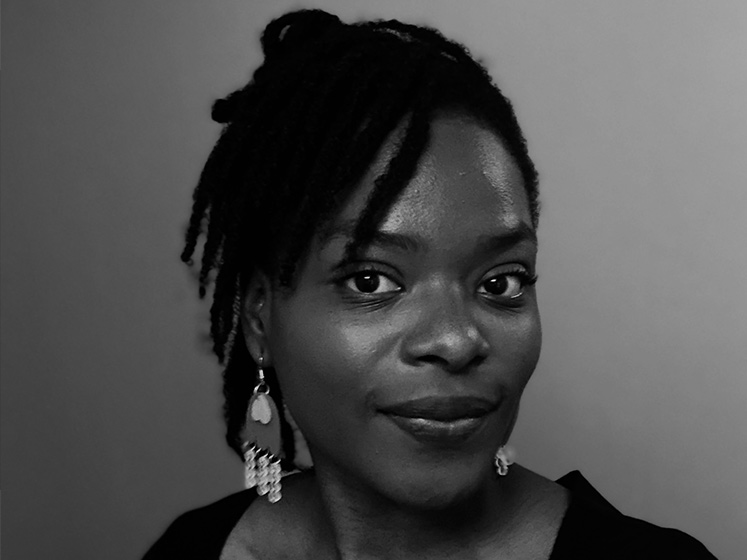 Diana Desola Olaleye
Diana Desola Olaleye
What are you currently researching?
I am researching the social life of an overlooked archive of mass-market literature: racialised and feminised self-help books, written by and for black women in Britain. From the late 2010s through the early 2020s, these books surfaced against the backdrop of social turbulence.
Being a location of black women’s frustrations and hopes about life in modern Britain, these books offer advice about various aspects of life: careers, motherhood, personal finance, mental health, and navigating university.
Through in-depth interviews, I explore the motivations driving these books, the publishing experiences of the black women authors, and the everyday uses of the books—how black women readers make sense of the texts.
Why did you choose this area of study?
In 2022 it dawned on me that a growing number of black women in Britain were being invited, by a majority white publishing industry, to write non-fiction texts that were packaged and marketed as self-help literature for black women. It seemed important that black women were extending a helping hand to other black women through literature, but I became curious about life beyond the text, outside the text.
Given the wider social context in which the books emerged, I wondered: what is the cultural work of these books and how have these texts shaped the lives of the black women writing and reading them? I couldn’t find existing research on this, so I decided to look into it.
How will your research improve or have a wider impact on society? Can you give some real-world examples of the impact your research will have?
The self-help book is among the most disparaged media forms. It is also a highly profitable genre—one trusted to feed publishers’ pockets. My research demonstrates the value of adjourning judgment to understand the actual uses and felt consequences of self-help books, while also interrogating existing diversity practices in the creative and cultural industries.
I contribute to important debates about how we can safely balance self and society, and I treat Britain’s trade publishing sector as a site for digging up answers to Sara Ahmed’s simple yet critical question: “What does diversity do?” I join Ahmed in asking who diversity serves and who is left wounded through its rehearsals. I hope to stir, through my research, productive discussion about this.
What have been the highlights of your research work so far?
Interviewing black women readers of self-help texts has been rewarding. They have approached our interviews with grace, openness, and a stunning ability to impart complex assessments of the texts with care and empathy. They have troubled established conceptions of the self-help genre in ways that have pushed me to think more deeply about the understated uses and possibilities of the genre.
What has been your biggest challenge so far?
Accessing producers of the texts for interviews has been more challenging than I predicted, but this experience has been informative.
What advice would you give to prospective students on the most effective way to approach research and keep stress levels down?
I don’t think I can underline one most effective approach. What has worked for me is reading widely and being attentive to how other people have done research. It can feel daunting to launch a study with the aim of “filling a gap” in existing scholarship, but there are clues in other people’s work that can be useful for figuring out the nuts and bolts of a new project.
On keeping stress levels down: exercise works wonders—Pilates and incline walking have left me feeling sane in awfully busy periods.
What is the best thing about studying at LSE?
The people, especially professional services staff. I am grateful to the LSE Garrick catering team for always putting a smile on my face at lunchtime, and for playing Afrobeats in the serving area—this lifts my spirit on long, hard days.